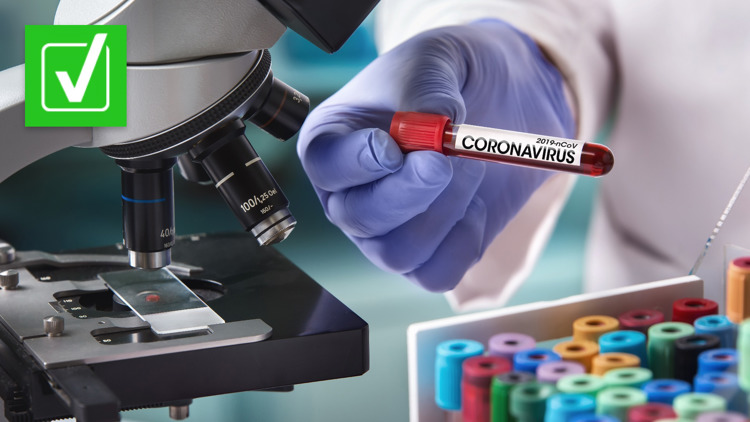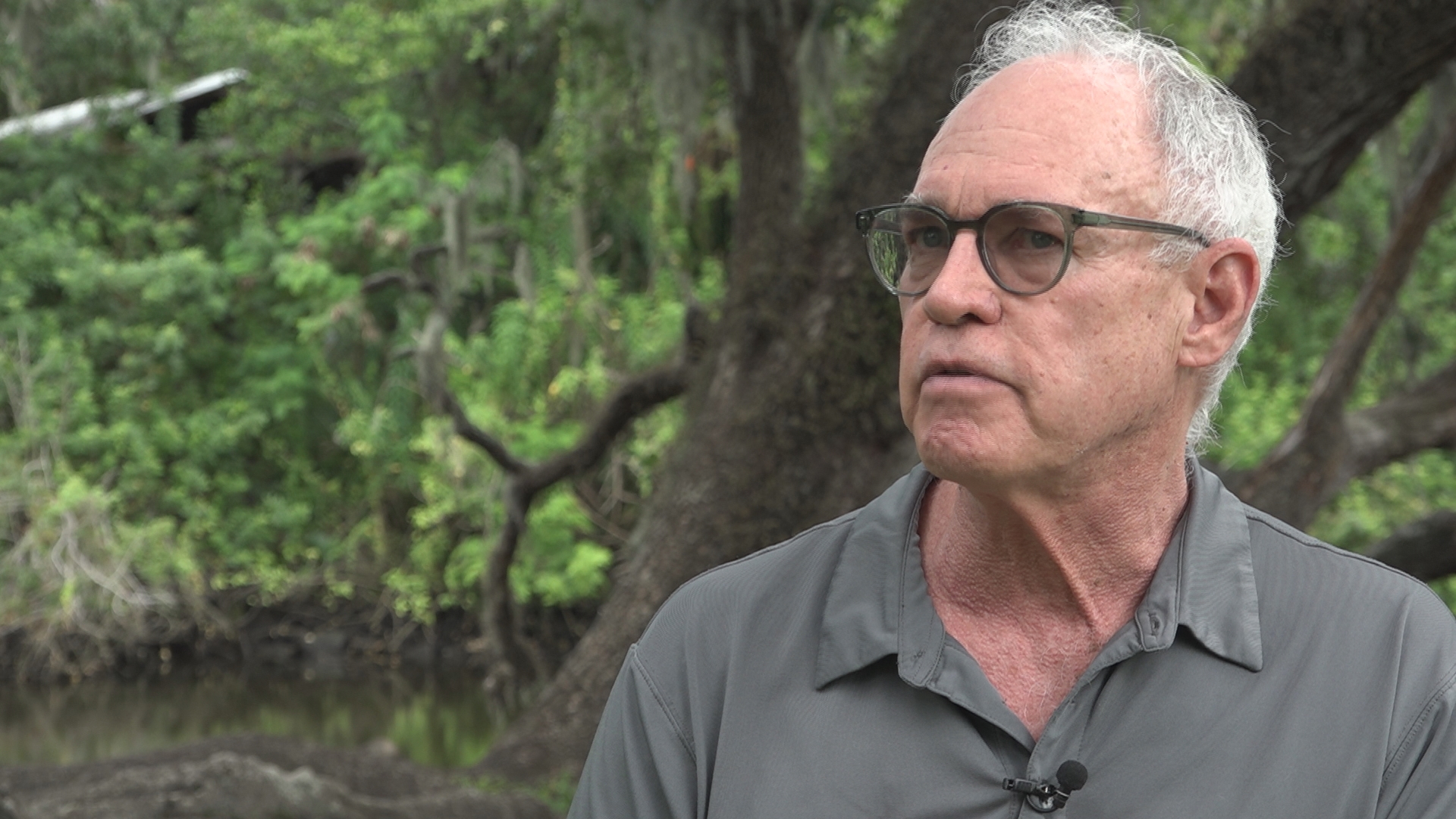As the coronavirus pandemic continues, new variants of the virus are emerging throughout the world.
You may have heard of the alpha and delta variants, which were discovered in the U.K. and India respectively, and were both found in Florida. Scientists did discover that these variants were more transmissible than previous strains of the virus, according to the CDC, which is continuing to track the threat of COVID-19 variants around the country.
A new strain of the virus, the lambda variant, is now on health official's radars, and you may be wondering if it's cause for concern.
Here's what we know so far.
What is the lambda variant?
Otherwise known as C.37, the lambda variant is a variant of the SARS-CoV-2 virus that is quickly making its way through South America. The World Health Organization reports that is has seen elevated levels of the lambda variant in countries such as Chile, Peru, Ecuador, and Argentina.
Authorities in Peru, where the variant was first detected in Aug. 2020, reported that 81 percent of COVID-19 cases sequenced since April 2021 were associated with lambda, according to WHO.
Is it more dangerous?
Health organizations are still working to find out just how the lambda variant spreads and how it affects those who are infected.
WHO said in a June report that, "Lambda carries a number of mutations with suspected phenotypic implications, such as a potential increased transmissibility or possible increased resistance to neutralizing antibodies."
It did add that more studies need to be done to further understand the impact of the variant.
We do know that it remains a "Variant of Interest," per WHO's classifications, which is one step below a "Variant of Concern," like the alpha and delta variants.
Will my vaccine protect me against it?
This is where the additional needed studies come into play. As the virus changes, scientists continue to test COVID-19 vaccine efficacy, but it does take time.
CNBC reports that questions have been raised in South America over the effectiveness of Chinese COVID vaccines, which have been distributed in the area. The Sinovac and Sinopharm vaccines, both developed in China, are prevalent in Brazil, Chile and Peru, but vaccination rates across the area vary, according to the news organization.
Forbes featured a study that took samples from people who were either infected with COVID-19 or had received an mRNA vaccine and found that while the Lambda variant was able to infect cells more readily, the antibodies seemed to neutralize the variant.
- I'm vaccinated against COVID-19 but I tested positive for the virus. What now?
- Everything you need to know about Blue Origin's first human flight
- Tampa man faces 1st sentencing for felony in US Capitol riot
- Here's what to expect from the Buccaneers' visit to the White House
- 1,300 gallons of raw sewage discharged into St. Petersburg waters
- Tampa Bay Rays game will feature MLB's first all-female broadcast crew
- A Frank Conversation: New podcast explores race, religion, politics and more
►Breaking news and weather alerts: Get the free 10 Tampa Bay app
►Stay In the Know! Sign up now for the Brightside Blend Newsletter



